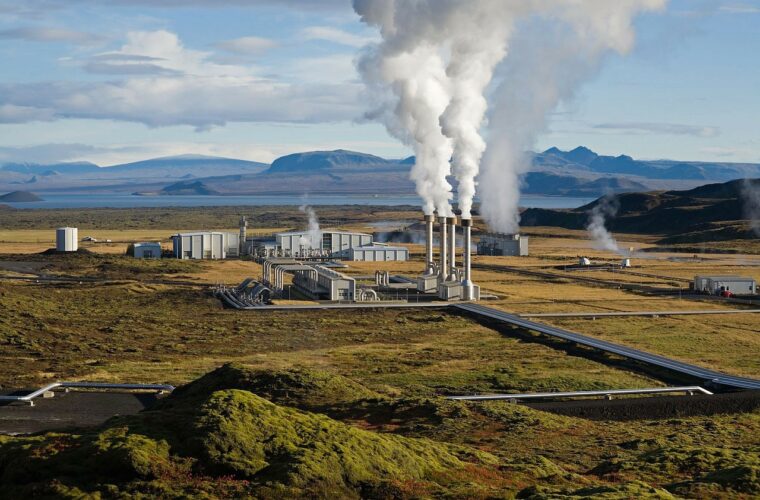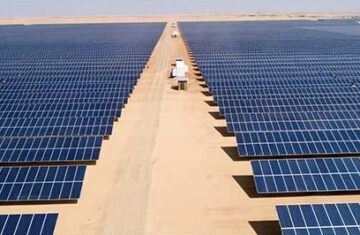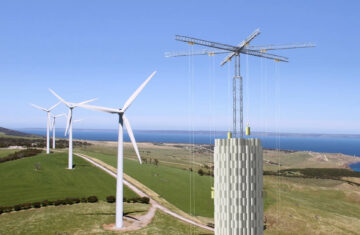Harnessing the Power of the Earth: Geothermal Energy in Germany
The Untapped Potential of Geothermal Resources
Germany is renowned for its commitment to renewable energy sources, and geothermal power is an increasingly important part of this green energy landscape. Geothermal energy, which harnesses the natural heat stored within the Earth’s crust and mantle, offers a reliable and sustainable option for electricity generation and heating.
According to the German Federal Ministry for Economic Affairs and Climate Action, Germany currently has an installed geothermal power capacity of 37 megawatts (MW) as of 2022, with an additional 220 MW of geothermal heating capacity. While these numbers may seem modest, the potential for growth in this sector is immense, as Germany is estimated to have a total geothermal energy capacity of over 23,000 MW.
Geothermal Energy: A Versatile Renewable
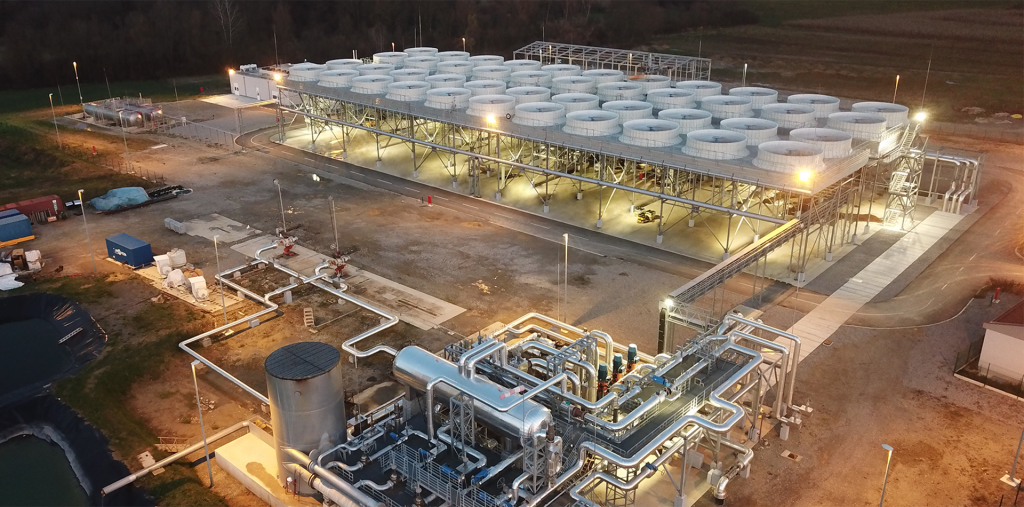
Geothermal energy can be tapped for a variety of applications, from electricity generation to direct use for heating and cooling. In Germany, the primary focus has been on the direct use of geothermal heat, which accounts for the majority of the country’s geothermal energy utilization.
Geothermal Heating and Cooling
One of the key advantages of geothermal energy in Germany is its potential for providing efficient and sustainable heating and cooling solutions. The German Geothermal Association reports that as of 2021, there were over 400,000 geothermal heat pumps installed in the country, with a total capacity of 8,200 MW. These heat pumps harness the relatively stable temperatures found a few meters below the Earth’s surface to provide heating and cooling for buildings, reducing the need for fossil fuel-based heating systems.
Geothermal Electricity Generation
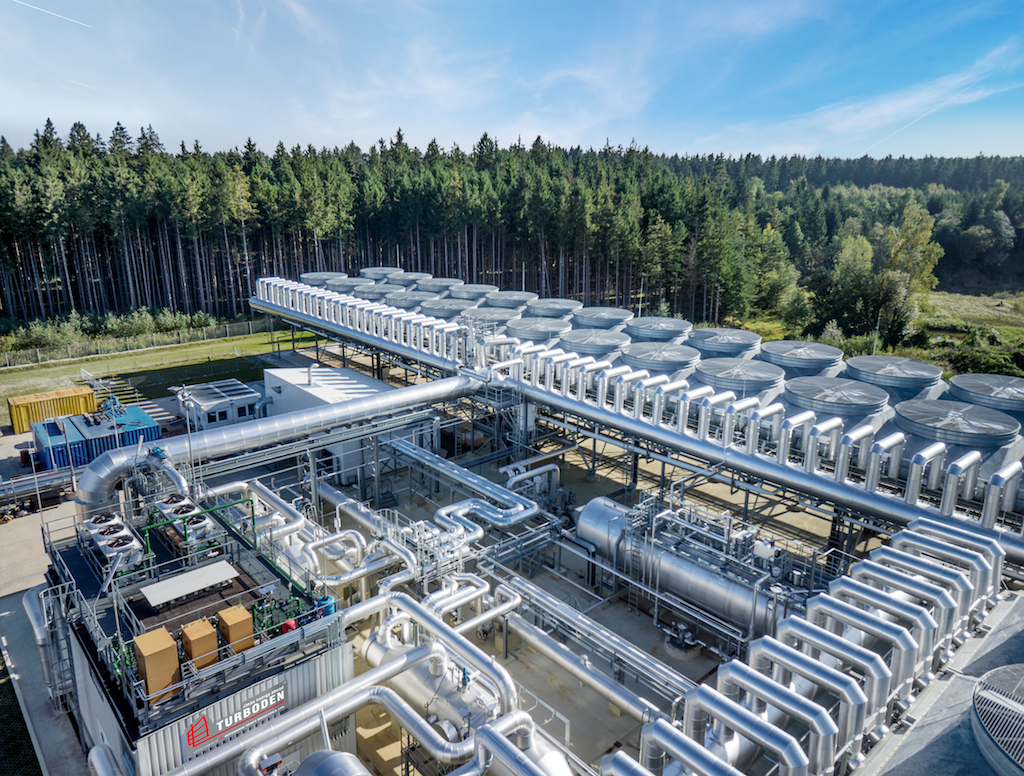
While the direct use of geothermal heat has been the primary focus in Germany, the country is also exploring the potential for geothermal electricity generation. The German Federal Ministry for Economic Affairs and Climate Action states that the country’s geothermal power plants have a total installed capacity of 37 MW as of 2022. This capacity is expected to grow in the coming years, as new projects are developed and the technology continues to improve.
Harnessing Germany’s Geothermal Hotspots
Germany’s geothermal resources are not evenly distributed across the country. The most promising areas for geothermal energy development are located in the southern regions, particularly in the states of Bavaria and Baden-Württemberg.
Bavaria: A Geothermal Powerhouse
Bavaria is considered the epicenter of geothermal energy in Germany. According to the Bavarian State Ministry of the Environment and Consumer Protection, the state has an estimated geothermal potential of over 20,000 MW, of which around 350 MW is considered economically viable. As of 2022, Bavaria has an installed geothermal power capacity of 34 MW, with an additional 193 MW of geothermal heating capacity.
Baden-Württemberg: Unlocking Geothermal Potential
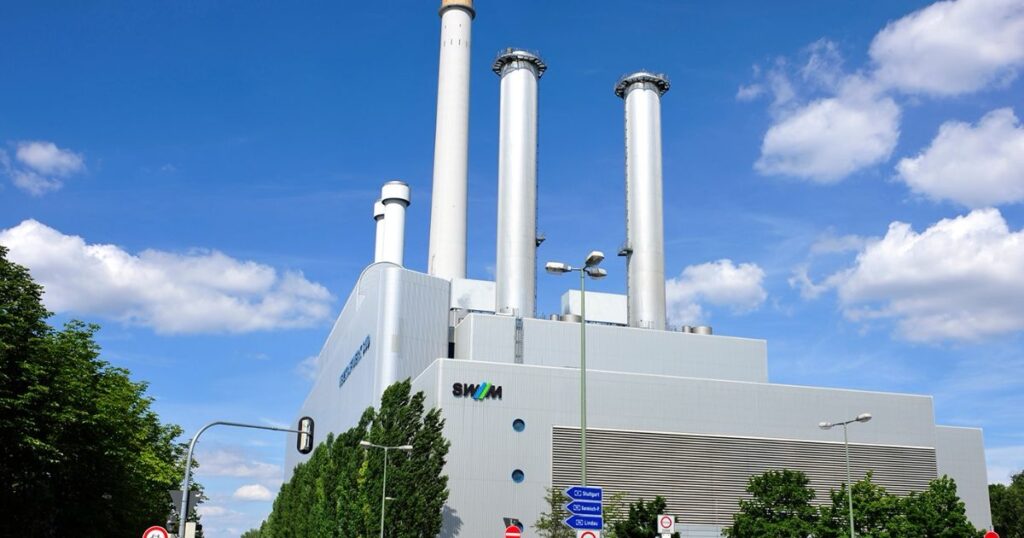
The state of Baden-Württemberg, located in the southwest of Germany, is also a significant player in the country’s geothermal energy landscape. The state’s Ministry of the Environment, Climate and Energy reports that Baden-Württemberg has a total geothermal potential of around 3,000 MW, with an installed geothermal power capacity of 3 MW and a geothermal heating capacity of 27 MW as of 2022.
Overcoming Challenges and Driving Innovation
While Germany has made significant strides in harnessing its geothermal resources, the sector faces several challenges that must be overcome to realize its full potential.
Geological Complexities
One of the primary challenges is the complex and varied geology of the country. Germany’s geothermal resources are often found in deep, high-temperature reservoirs, which can increase the technical and financial barriers to their exploitation. Detailed geological surveys and advanced drilling techniques are required to effectively access these resources.
Regulatory and Policy Frameworks
The regulatory and policy environment also play a crucial role in the development of geothermal energy in Germany. The Federal Ministry for Economic Affairs and Climate Action notes that a clear and supportive policy framework, including financial incentives and streamlined approval processes, is essential for attracting investment and driving innovation in the sector.
Technological Advancements
Ongoing technological advancements are also key to unlocking the full potential of geothermal energy in Germany. Improvements in drilling techniques, heat extraction methods, and power generation technologies are necessary to make geothermal projects more efficient and cost-effective.
The Future of Geothermal Energy in Germany
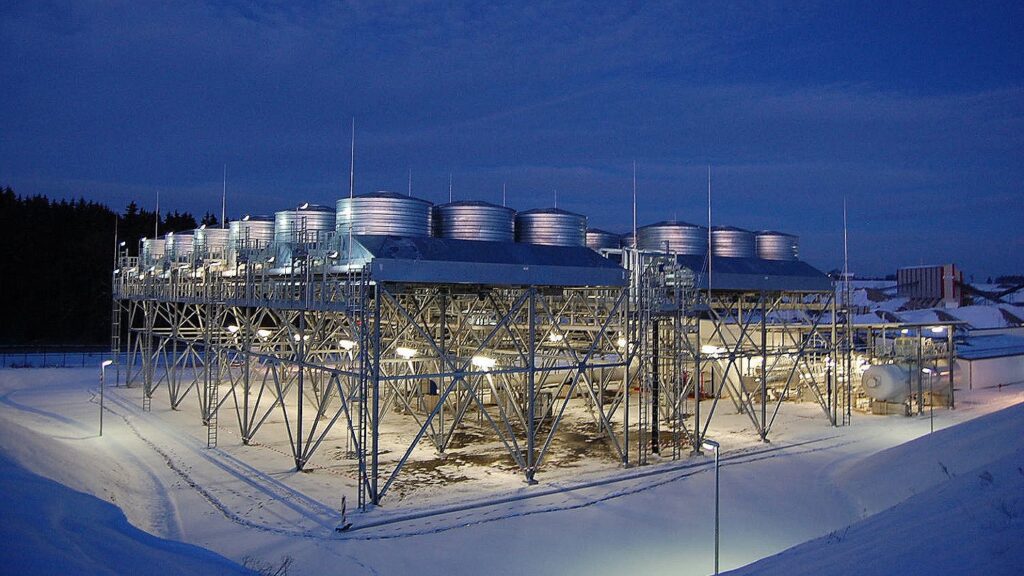
Despite the challenges, the future of geothermal energy in Germany looks promising. The country’s commitment to renewable energy, combined with its significant geothermal resources, positions it well to capitalize on the growing global demand for sustainable energy solutions.
Targets and Projections
The German government has set ambitious targets for the development of geothermal energy. According to the Federal Ministry for Economic Affairs and Climate Action, the country aims to have an installed geothermal power capacity of 500 MW and a geothermal heating capacity of 1,500 MW by 2030. These targets are part of Germany’s overarching goal of achieving a 65% share of renewable energy in its total electricity consumption by 2030.
Innovative Approaches and Collaboration
To achieve these goals, Germany is exploring innovative approaches to geothermal energy development, such as the use of enhanced geothermal systems (EGS) and the integration of geothermal energy with other renewable technologies. Additionally, the country is fostering collaborative efforts between research institutions, industry, and policymakers to drive technological advancements and overcome regulatory barriers.
Conclusion
Geothermal energy has the potential to play a significant role in Germany’s renewable energy future. With its abundant geothermal resources, particularly in the southern regions, and a commitment to sustainable energy solutions, Germany is well-positioned to harness the power of the Earth and contribute to a cleaner, more resilient energy landscape. By overcoming the challenges and continuing to drive innovation, Germany can unlock the full potential of this versatile and reliable renewable energy source.
